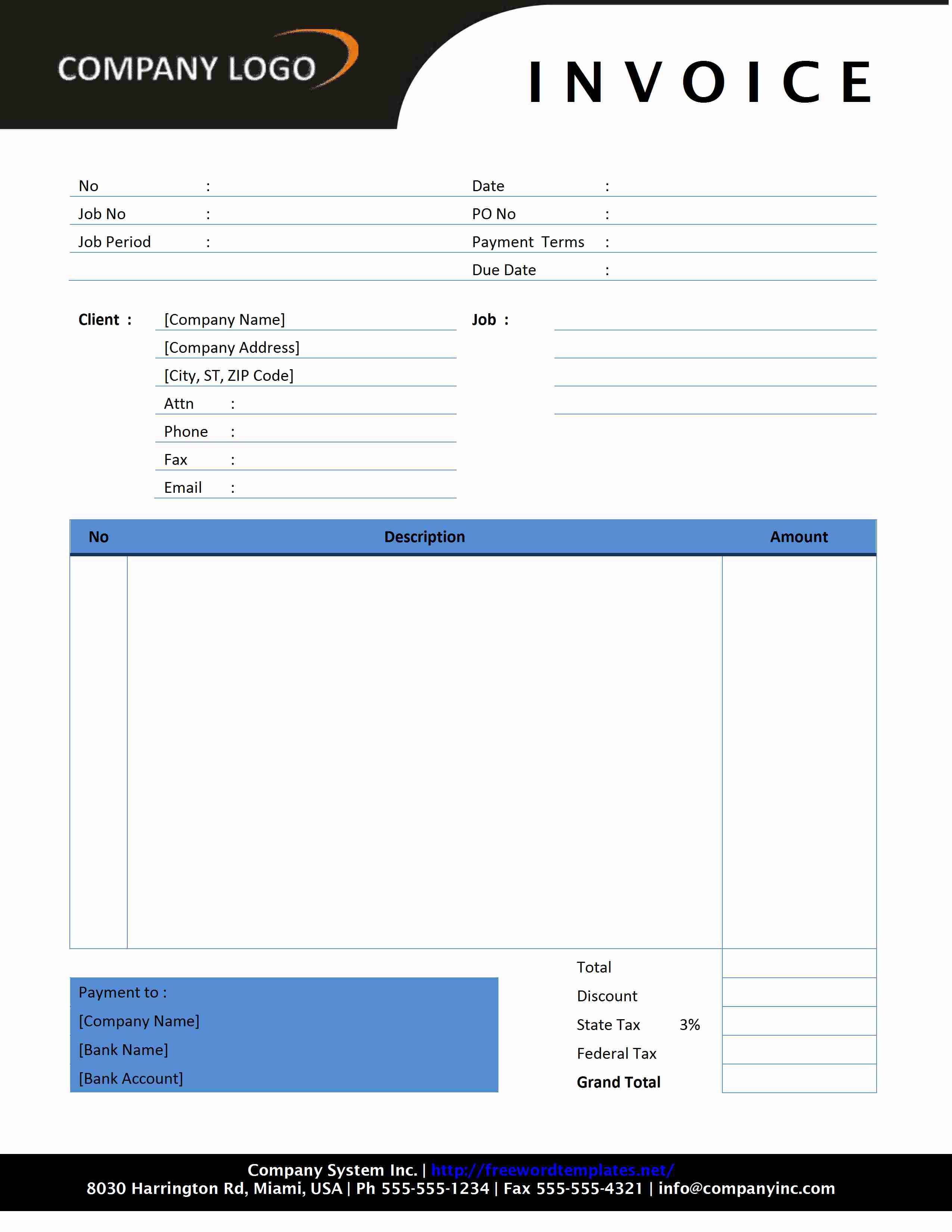

Other jobs will be longer, or ongoing over several weeks or months. Some jobs will be short, one-off jobs, and you should probably invoice immediately on completion for those. But how do you decide what this should be? Obviously, you should invoice when you say that you will in the contract. This may therefore be a good compromise, and is a very good reason for using one of these sites. Some of the freelance websites use a system called Escrow, where the client pays the money upfront, and the website holds it until you both agree that the work is complete. On the other hand, you are holding the client’s money, and what if they cancel and ask for it back again, or say that you have not delivered? It is a fine balance. Taking a deposit means that you have at least earned something if the client proves to be difficult and refuses payment. There is more about this in our page on Contracting for Freelancers. I will invoice on the last day of the month for work done during that month, and ask to be paid by the 7th day of the next month, by either BACS transfer or PayPal.I will invoice on completion of the work, and ask to be paid by BACS transfer within 2 weeks of the date of the invoice.Your initial contract with your client, however informal, should set out clearly your invoicing and payment terms. This page is designed to help you invoice in such a way that you get paid, on time, and that you can chase up any outstanding payments relatively easily. Instead, you need to remember that you have done the work, and you deserve to be paid for it. It is the start of a very slippery slope. This is so ingrained that new freelancers often say that invoicing is one of the hardest parts of being self-employed.įor many, chasing up unpaid bills is so challenging that they might even just let a bill go unpaid rather than risk upsetting a client or getting into a confrontation. Contingency and Disaster Planning for FreelancersĪsking for money is difficult in many cultures.Invoicing for Freelancers: What, When, and How.Managing Ongoing Client Relationships as a Freelancer.Contracting for Freelancers: Building Client Relationships.Networking for Freelancers and Homeworkers.Marketing for Freelancers and the Self-Employed.Self-Motivation for Freelancers and Homeworkers.Avoiding Common Financial Mistakes in Business.Establishing a Business: People, Place and Promotion.Establishing a Business: Legal and Financial Aspects.

Sole Trader vs Company – When to Incorporate Your Business.Entrepreneurship and Self-Employment Skills.


 0 kommentar(er)
0 kommentar(er)
